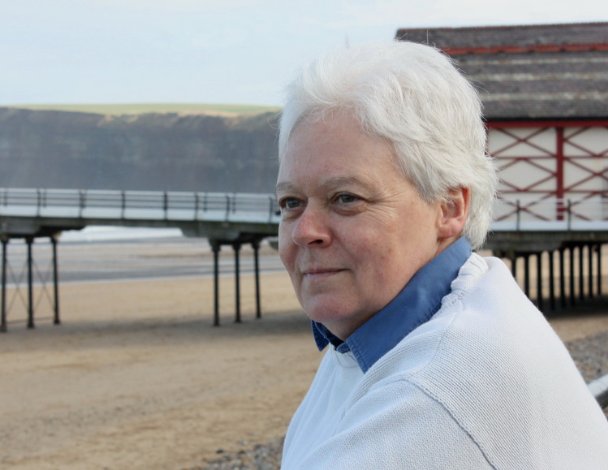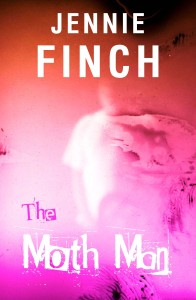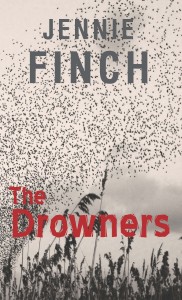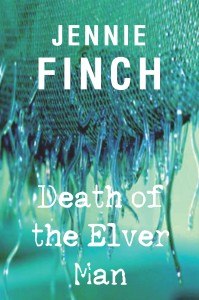The subject of genre is one that continues to concern writers and publishers, though perhaps not readers so much. Genre, we learn in creative writing classes, is very important. It allows our work to be categorized, placed alongside similar works and so, we hope, will find an audience more readily. Agents are great fans of genre too. Some – a lot of them actually – specialize in specific types of books. They have built up a network of contacts in the publishing world and have a keen sense for the way the market is going. This, by the way, is why it is so important to find out about an agency or agent before submitting your manuscript.
Writing in a defined genre also bestows a sense of identity on the writer. There are organizations run for the benefit of certain groups – I belong to the Crime Writers’ Association, and very proud of that too. There is a sense of community, of shared ideas and interests as well as interesting opportunities to learn about important aspects of our work. Good research, as I’ve said in a previous post, is vital if the reader is to enter your fictional world and believe in it. The late, great Terry Pratchett said there was nothing wrong with creating a universe that had flying pigs. Just don’t forget to add umbrella merchants.
It gets a bit more interesting – and more complicated – when a genre splits into sub-genres. There is crime fiction, for example, and the crime thriller. When I began writing the Alex Hastings series I read as much as I could find about the genre and was surprised to discover there seemed to be fixed rules governing the crime thriller. There had to be at least three deaths, I was informed. And a very strong sense of personal danger for the protagonist. Right. So that was part of the planning for the first book, “Death of the Elver Man”.
Then I got on to the next book and it began to change. In a recent article for “The Guardian”, Val McDermid argued that crime thrillers are right-wing whilst crime fiction tends to lean more to the left. I would like to add a further distinction between the two types. Having studied screenwriting in the past I became more aware of the difference between plot and story. The plot covers the main events – the crime, the hunt, the sense of peril – all the stuff that makes it thrilling. Plot is dominant in much crime writing, both in novels and for television. American crime dramas especially focus almost exclusively on the plot. The story, on the other hand, is more subtle and runs below and around the plot. It is the background, the life and journey of the people in the book or drama. British crime writing tends to use story as part of the narrative and thus becomes crime fiction.
In the Alex Hastings books I found the stories were becoming more important as the serial characters developed and so I am planning a series of novellas to ensure their tales can be told without overwhelming the plots of the longer novels. After all, however you cut it, where would crime fiction be without crime at its heart?
(Why) Does Genre Matter?
Posted by Jennie Finch on April 17, 2015
https://www.jenniefinch.me.uk/genre-matter/
Previous Post
Writing is…
Writing is…



